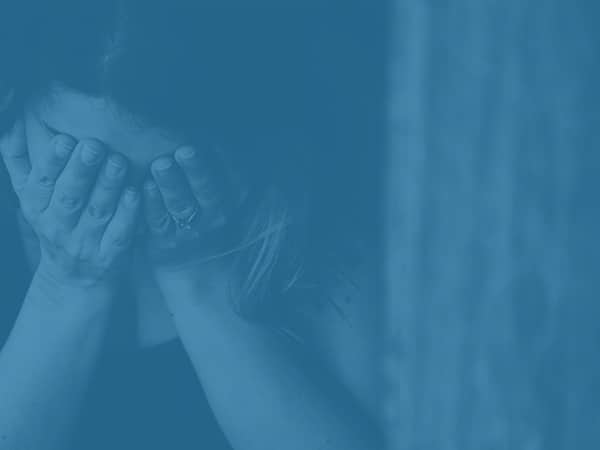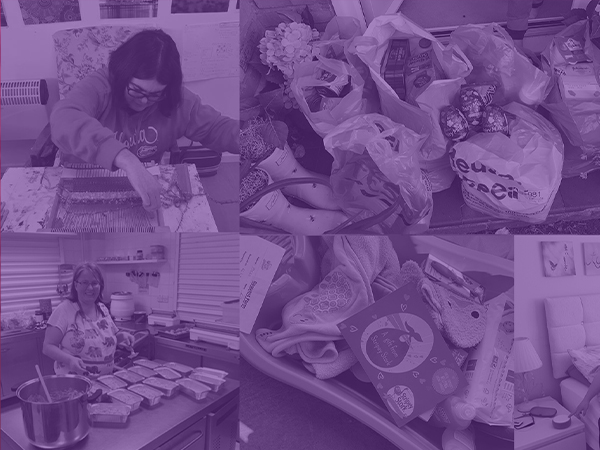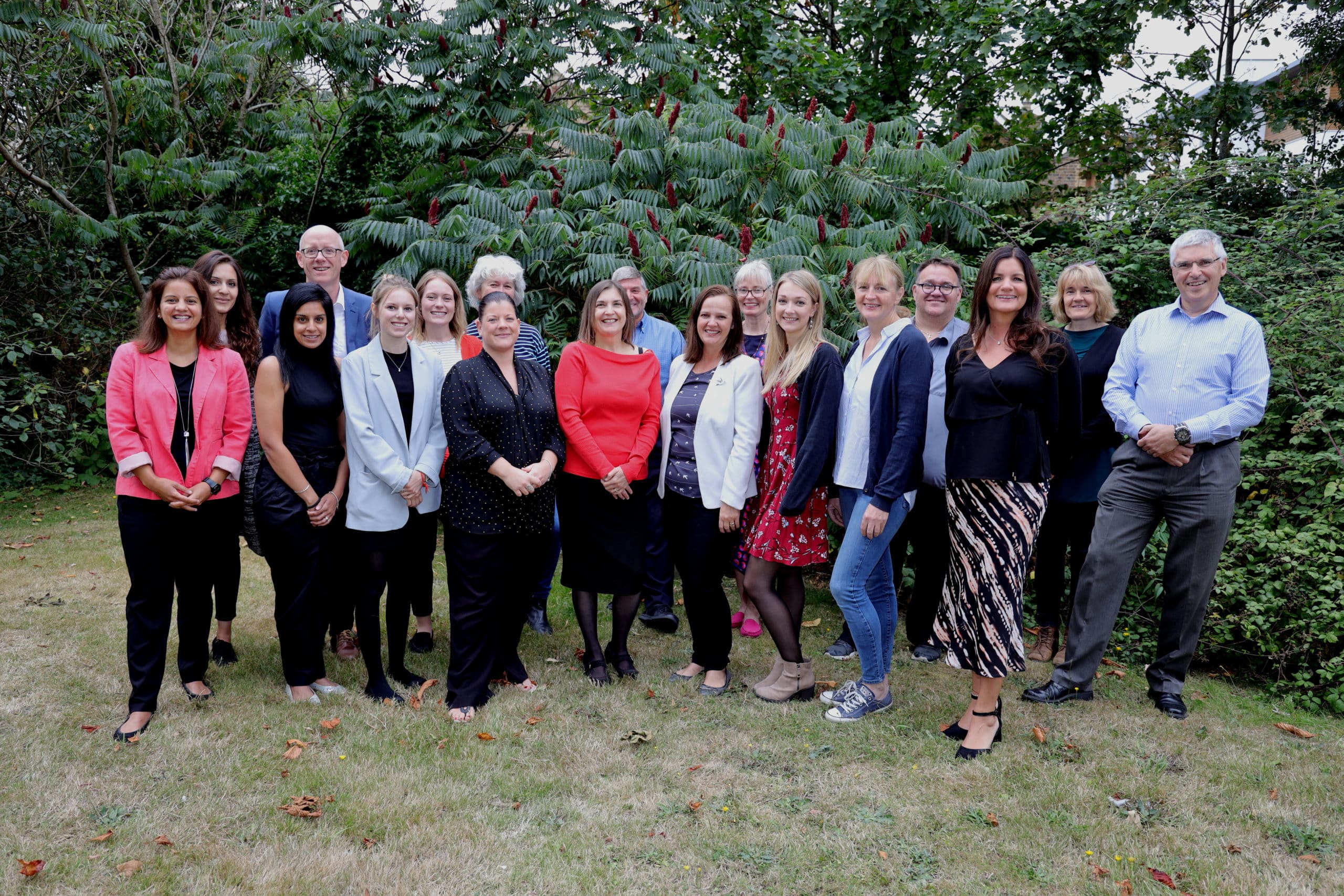
When the early talks of a lockdown were underway, Pam Whittingham was already thinking about how to gather community volunteers. She called her local councillor, Cllr Jeremy Pursehouse, in Warlingham and set up a meeting in order to have a few people over to make a plan.
“He said, ‘I’ll bring a couple of people with me’ and twelve people turned up!” The meeting, which took place in her sitting room, formed the committee that now functions as the Coronavirus Aid in Chelsham, Farleigh, Warlingham (CACFW). Right then they came up with a plan to organise volunteers to deliver shopping and prescriptions to hundreds of residents in the community who would have to shield-in.
At the same time in Brockham a similar conversation was taking place. Members of Brockham Emergency Response Team (BERT), an organisation that came together in 2013 during severe floods, held an urgent meeting at the pub.
Craig Scott, a trustee at BERT says, “We knew that we needed a volunteer force, but we didn’t know what services to deliver yet. So that evening, one of the trustees designed a leaflet. Within 24-30 hours, we were leafleting thousands in the village and that has resulted in a volunteer force of about 188 people.”
It was only a few days on when it became clear to each organisation they were going to need to somehow get urgent supplies to residents.
The volunteers at BERT anticipated that at least a third of Brockham would require delivery services or foodbank support over the coming months. Similarly, CACFW anticipated needing to organise delivery and prescription delivery to 1000 vulnerable residents.
Reaching so many people this quickly meant both groups had to endure their growing pains whilst also providing community support. There was simply no time to waste.
Craig continues, “The first two weeks in lockdown were probably amongst the most intense two weeks of my life because we were getting huge numbers of requests for prescriptions, particularly. But we didn’t have the systems or procedures in place just yet. So we were doing ‘the doing’ as well as trying to set things up!”
The Community Foundation for Surrey awarded grants quickly to these organisations, ensuring they could manage through the intense spike in demand and juggle all the unknowns.
Twelve weeks on, both organisations are now working like “well-oiled machines” and they are observing how their community’s needs are shifting. Initially the issue was the scarcity of produce and medication, but now CACFW and BERT are seeing the effects of months of furloughed workers. Samantha Rider, Volunteer Fundraiser at BERT says, “We’ve got a lot of people losing their jobs.” Grant adds, “For every person dropping off [from food aid support], of which there aren’t many, there are still a number coming on. We’ve gone from 90 to 160 [supported households]. Looking at the next three to six months, I think that trend will continue to go up and up because there isn’t a solution over the next six months for financial hardship. You know, it’s only going to get worse for more people.”
The Community Foundation for Surrey is aware that the effects of this virus will be long lasting and far reaching. It is crucial that we stay vigilant in our support for community groups; organisations like CACFW and BERT have been important eyes and ears on the frontline. But as Samantha outlines, it’s imperative that we continue to support charities and community groups that go beyond the doorstep services of CACFW and BERT:
“I think one of the biggest challenges that we haven’t met is the terrible loneliness of the very elderly in our village. We’ve got people who are 90 and recently bereaved who are dealing with that. So we can get food to them, we can get prescriptions to them, but they’re locked in their houses without knowing when that’s going to end. With so little social contact. It’s tough.”
Even though the last few months have been some of the most challenging for these groups, the volunteers are still smiling; as Pam from CACFW declared, “I’ve really enjoyed meeting all these people, not just volunteers, but talking to the residents. It’s just been absolutely delightful. I just don’t know what I’m going to do at the end of it all. I’m going to be bereft!”








